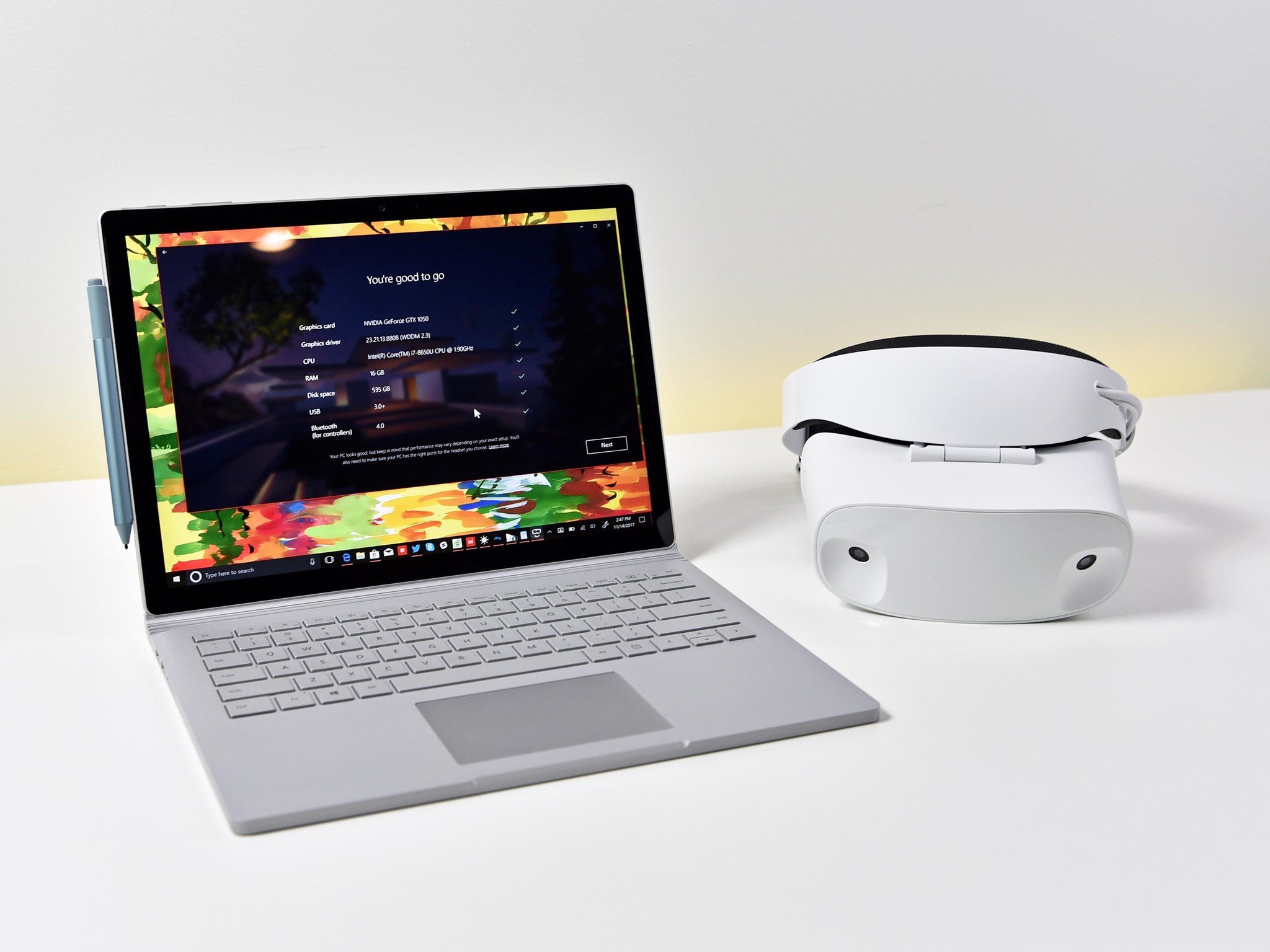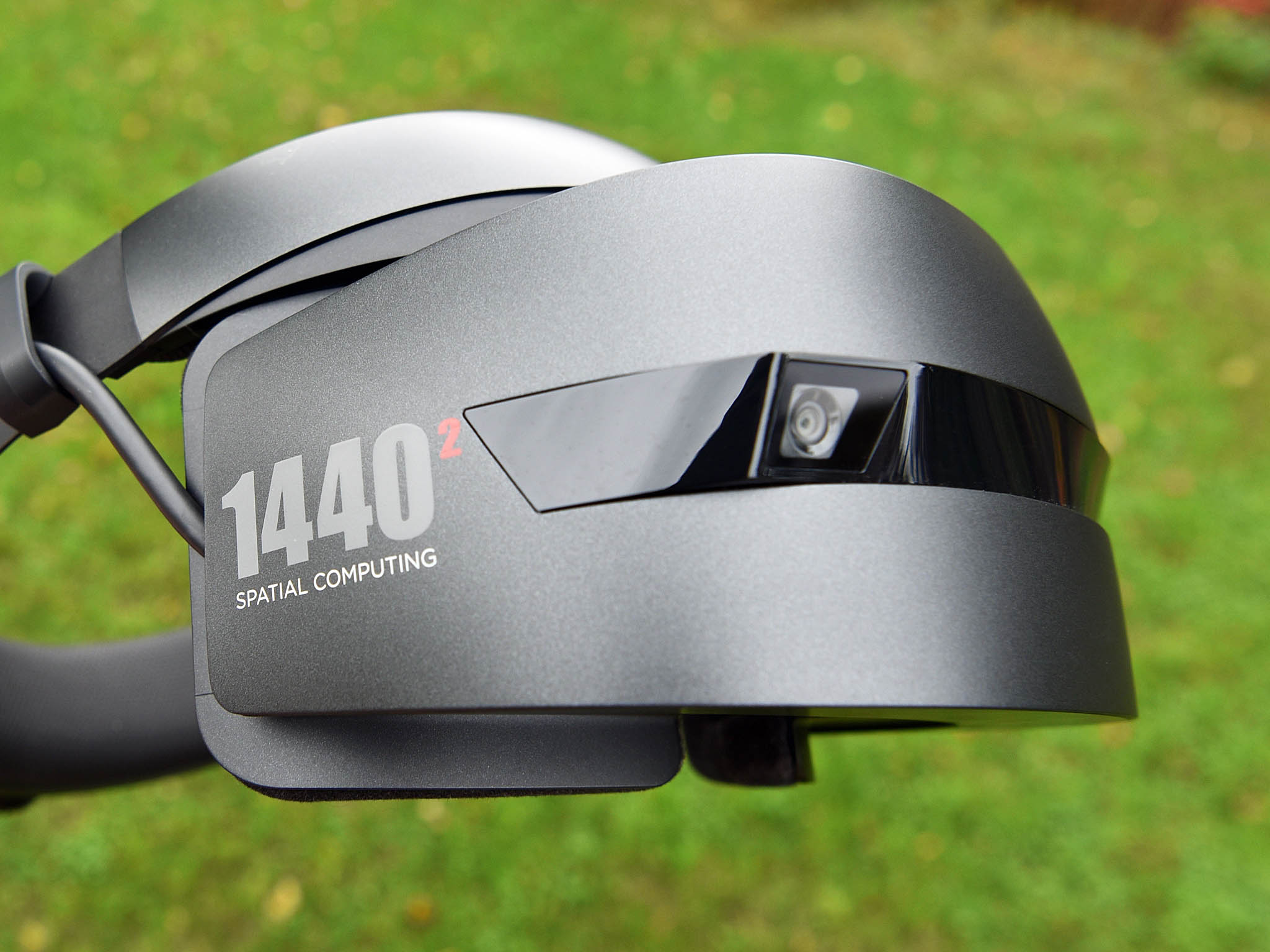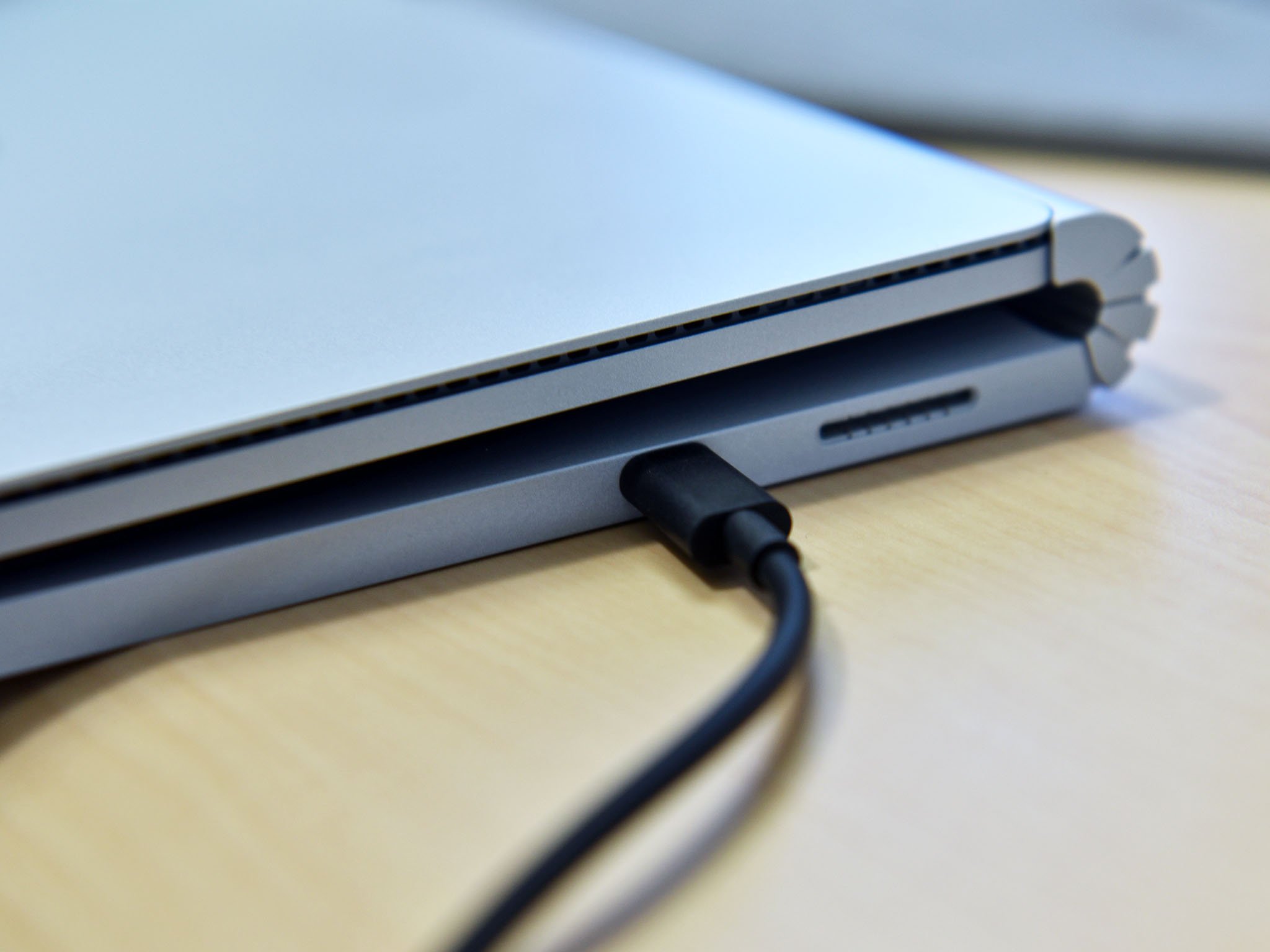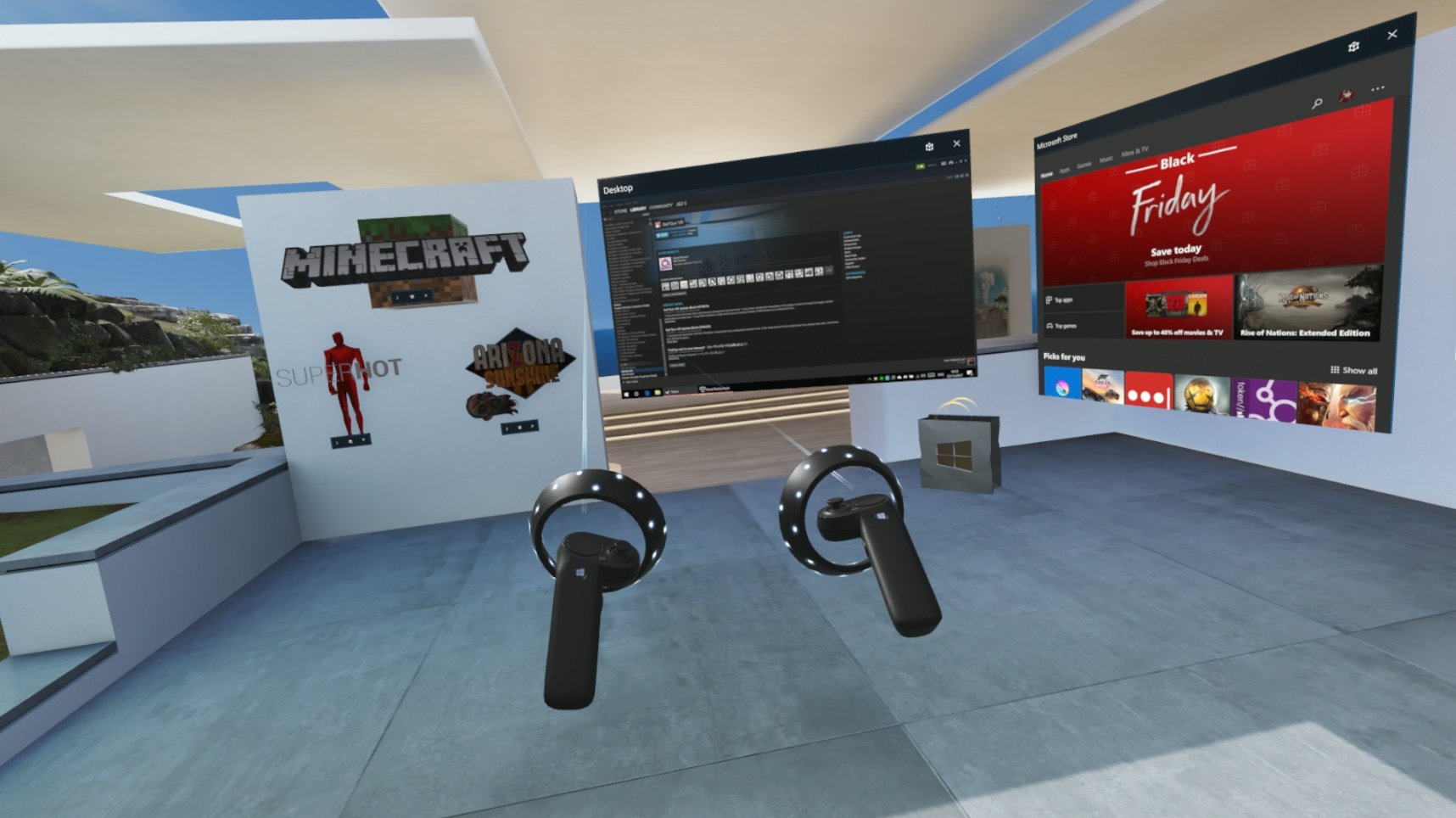How well does Surface Book 2 handle Windows Mixed Reality?
Recently I picked up a Surface Book 2 15-inch, which rocks a GTX 1060 that's perfect for VR. How well does it really work though? We went eyes-on to find out.

All the latest news, reviews, and guides for Windows and Xbox diehards.
You are now subscribed
Your newsletter sign-up was successful
The Surface Book 2 is a beastly laptop, providing quad-core i7 processing, 16GB of RAM, and a GTX 1060 – which, in theory, is all the internal power you need to run Windows Mixed Reality (WMR).
WMR and VR, in general, are still in their infancies. Just earlier this week, Oculus Rift headsets all around the globe were rendered useless by an expired security certificate, and while WMR headsets are slowly gaining ground, they're still a niche within a niche. In that sense, using WMR on a Surface Book 2 is probably a niche within a niche within a niche, but alas, here we are.
I spent the day in virtual worlds with the Surface Book 2 in WMR, and here's what you need to know before considering this set up as a go-to VR option.
Related: Are Surface PCs well suited for mixed reality?
Enough power?

The VR experience, as in visuals and head tracking on the Surface Book 2 using the HP Mixed Reality headset, were quite good. The load times on some games, in particular, Arizona Sunshine were shockingly long for some reason when compared to my Razer Blade 14, which I can only attribute to the Blade's more powerful CPU.
The in-game experience was smooth enough, as long as you're willing to accept resolution compromises and jagged edges on 3D models. The Book 2 simply doesn't feel like it was designed with WMR in mind, which, considering it has no HDMI port, is easy to believe.
Additionally, WMR drained my battery like crazy even when it was plugged in with the official charger. There's a chance that the fact I'm using a Europe-to-UK power adapter might affect things, but an hour of gaming was enough to wipe 60 percent off my battery, which isn't exactly ideal. The Surface Book 2 is known to suffer from this issue, but only in extreme circumstances. It certainly feels like WMR is enough to push the Book 2's power draw to its limits, judging by the experiences of other members of the Windows Central team.
All the latest news, reviews, and guides for Windows and Xbox diehards.
A question of accessories

Another issue I found with WMR on the Surface Book 2 came in the form of motion controller tracking, which again doesn't feel completely smooth. I'm not a fan of Bluetooth as a solution for tracking the controllers in general, and found similar radio interference issues using them on my Razer Blade 14 as well. Controller tracking jitter was quite aggressive on the Book 2, and while I could improve the situation by moving closer to the Surface Book 2, you then run the risk of knocking into things. I really hope Microsoft can find an alternative method for this.
As noted earlier, you also need a USB-C to HDMI dongle to use any WMR headset on the Surface Book 2, which is a tad annoying, but not a big deal. I found no issues with the connection between the USB-C dongle and HDMI cable, besides how damn expensive Microsoft's version is. There are cheaper options on Amazon, but I've had issues previously with cheaper dongles for HDMI, so I decided to just go with Microsoft's for guaranteed reliability.
Final thoughts on mixed reality and the Surface Book 2

Overall, the WMR experience on the Surface Book 2 isn't terrible, but it's certainly not ideal. The battery drain issue, controller tracking problems, and the fact you have to use a dongle, make it sub-par when compared to the Razer Blade 14, or other similarly spec'd laptops (and certainly when compared to true VR desktops).
If you're considering getting a Surface Book 2 for portable VR alone, simply put, don't. There are better and cheaper options out there. The Surface Book 2 is certainly a great device for creative types and regular HD gaming, but VR seems to push it to its limits. You can certainly use the Surface Book 2 to dabble with VR and WMR, and even set up brief sessions, but the shortcomings are relatively broad. Look elsewhere if you prioritize WMR.

Jez Corden is the Executive Editor at Windows Central, focusing primarily on all things Xbox and gaming. Jez is known for breaking exclusive news and analysis as relates to the Microsoft ecosystem — while being powered by tea. Follow on X.com/JezCorden and tune in to the XB2 Podcast, all about, you guessed it, Xbox!
